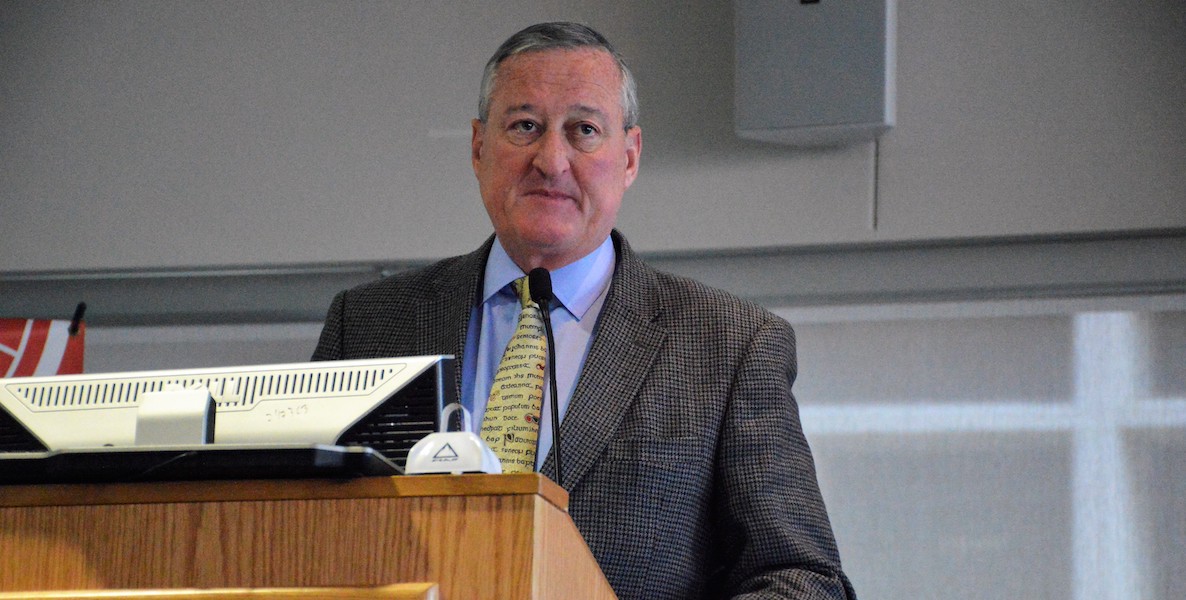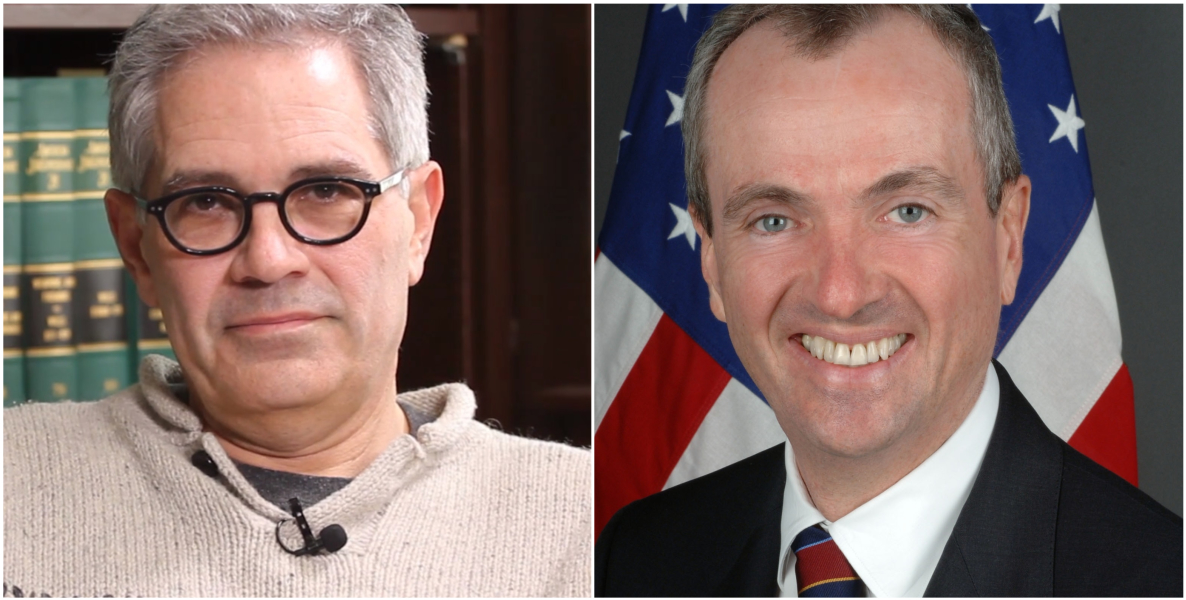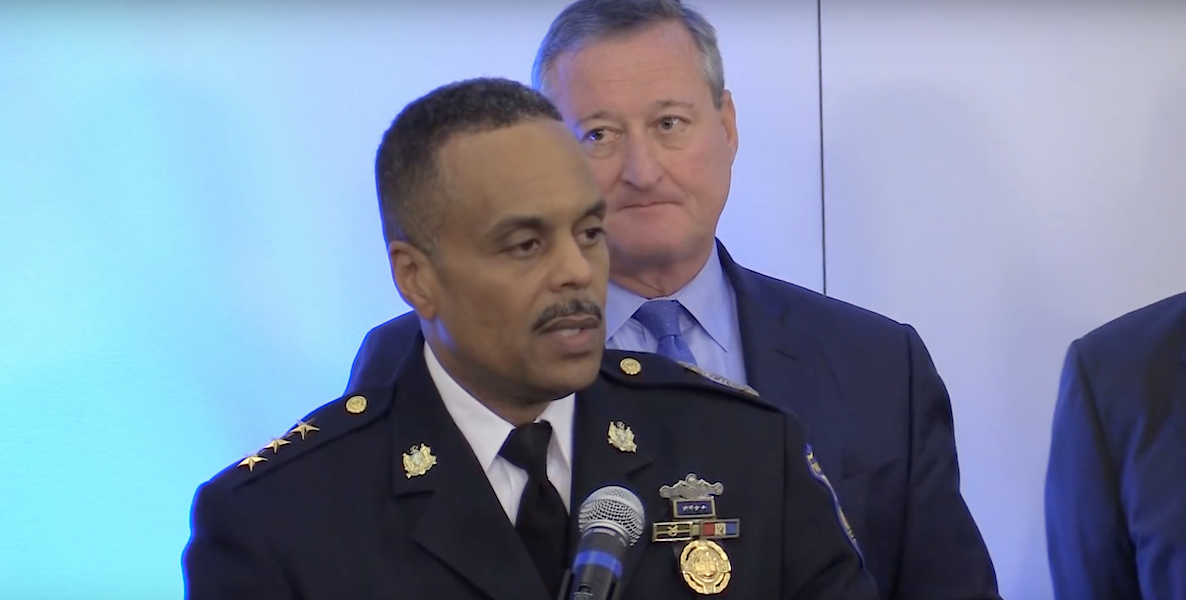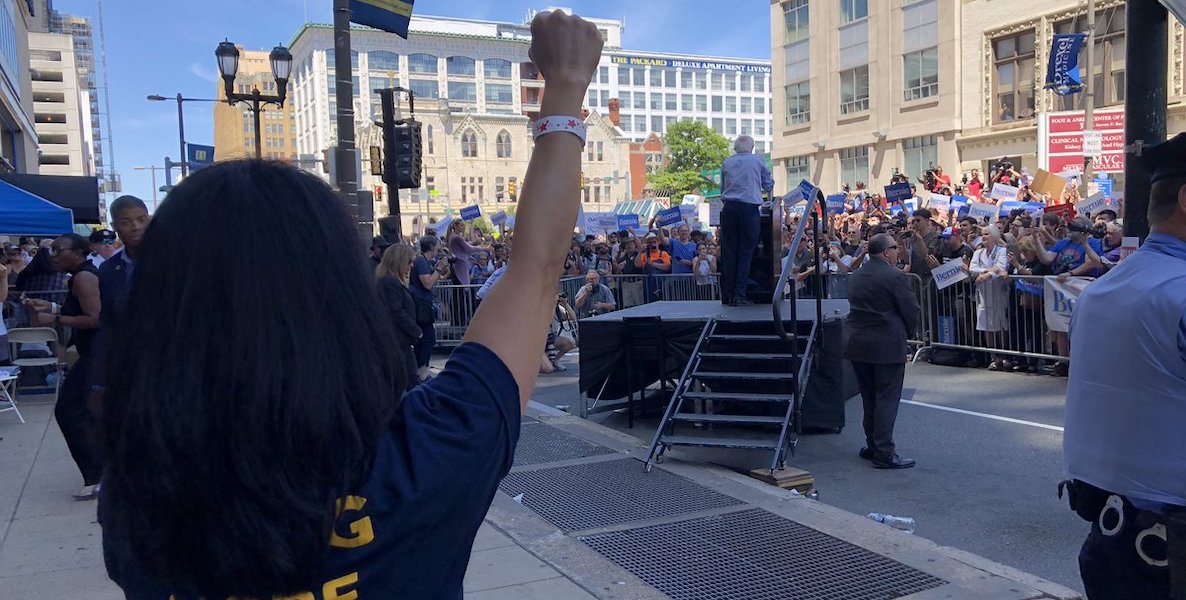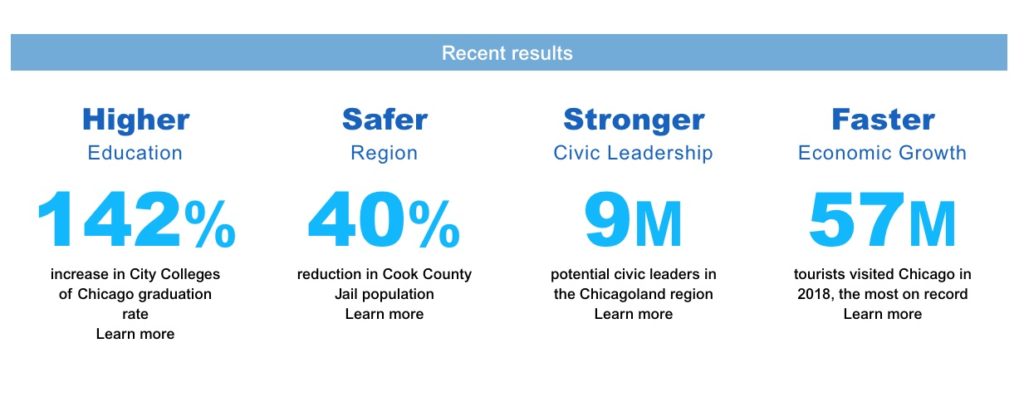Jeremy Nowak, the Citizen’s late founding chairman and someone who, in his 66 years, had forgotten more about innovation and cities than most of us will never know, had a bevy of one-liners. Some were just everyday quips, as when you’d ask him how he was doing: “Fat, bald, and out of shape,” he’d say. (To which I’d always reply: “You’re not out of shape.”)
To this story in CitizenCastLISTEN
What did he mean by that? Well, we’re seeing examples of it everyday. You can flood the zone with policy papers and press releases, with all the right buzzwords arranged just so, and you can convene task forces to study vexing issues and make highfalutin recommendations, but without the ability to competently manage a bureaucracy, without the blocking and tackling of governing, it’s all just show.
This space often weighs in with outrage over Philly’s longstanding expertise when it comes to municipal corruption—both of the illegal and legal variety—but Jeremy’s point gets to what just might be a greater threat to progress in the city where American democracy was born: Governmental Incompetence.
It seems to be all around us, after all, as recent headlines attest. Schools Join us at Ideas We Should Steal Dec 10th!Do Something
And it wasn’t the first time. Remember the embarrassing $34 million the School District pissed away a few years ago on an outside firm that was contracted to fill 75 percent of vacant classrooms with substitute teachers? They filled—at best—one-third of the openings they were hired to fill, and then had the chutzpah to try and renegotiate for a better deal, before walking away. That’s right: It wasn’t Hite firing a failed vendor. It was the failed vendor lining its pockets and then slinking off, saying, in effect, to taxpayers: See ya, wouldn’t want to be ya.
Maybe, someday, Philadelphia’s elected leaders will see the wisdom in unlocking the passion and expertise of its citizens for the common good.
Or how about when thousands of textbooks were discovered gathering dust in the bowels of district headquarters, and another stockpile was found overflowing the hallways and classrooms of a shuttered school?
This isn’t to pile on Hite, who really has done, on balance, a creditable job. But it is to illustrate that, under his leadership, there have been plenty of anecdotes that any first-year McKinsey hotshot would recognize as part of an overall management challenge. Taken together, these and countless other anecdotes all kinda make you wonder who’s in charge of operations, and who’s being held accountable, if anybody.
It’s not just the School District, of course. Over at City Hall, the instances of Keystone Cop governing are getting overwhelming. Remember that, back when $33 million couldn’t be found in the city’s bank account, and seven such accounts had gone unreconciled for years, Mayor Kenney’s chief of staff scoffed at the idea of firing anyone: “That’s not how we operate,” Jim Engler told the Inquirer.
Predictably, the hits just keep coming. Lately, for example, we learned that much of the city’s revenue from the beverage tax hasn’t even gone to what it was earmarked for. That street-sweeping experiment? A disaster that is more costly, less effective and more environmentally harmful than what, like, every other city does.
Rest assured, I’ll be back up and galloping on our corrupt and contented high horse soon enough, but these and countless other headlines point to a problem irrespective of motive: Philadelphia city government has an implementation problem. If only there were help for that.
About Civic Consulting AllianceLearn More
There are other examples of such dynamic public/private management partnerships, of course. When then-Mayor Michael Bloomberg tackled New York’s poverty rate 13 years ago, he recognized the need to change how government engaged the issue. So he named the dynamic Harlem Children’s Zone CEO Geoffrey Canada and Time-Warner CEO Richard Parsons to co-chair the city’s Commission for Economic Opportunity. The result was a war on local poverty that focused not on redistribution, but on infusing government with innovation; between 2006 and 2013, New York City reduced its poverty rate by 4 percent, the only city to do so during that Great Recession-dominated period.
Jeremy’s point gets to what just might be a greater threat to progress in the city where American democracy was born: Governmental Incompetence.
Here, local government is still mired in an old-school way of looking at nonprofit and for-profit leadership: As constituencies to either be mollified or vilified, depending upon which way the political winds are blowing. Our ideologically-driven pols still demand nonprofits pay nominal Payments In Lieu of Taxes; in Chicago, they’ve challenged the best and brightest among them to contribute solutions in lieu of taxes. Along the way, they’ve redefined the scope and impact of pro bono services. Rather than the city press-releasing a litany of feel-good acts of kindnesses, city leadership and CCA intentionally identify that which needs solving and then deploys teams of volunteers to get on it.
Here’s just one example: A few years back, years of deferred maintenance required billions of dollars worth of repairs to the Chicago L subway line, which, at the time, transported in excess of 500,000 riders a day. Rather than just fix the tracks like a dutiful bureaucrat might, CCA and its partners dove in and reimagined rapid transit, coming up with a “rail of the future” plan, and then helped bridge the gap between vision and implementation. Yes, political roadblocks ensued and some grand notions went unrealized. But much did get done, thanks in no small measure to outside engineering and project management expertise.
From Larry PlattRead More
A mayor skilled at management, someone who recognizes that implementation is policy, would have embraced a group of private sector and civic thinkers and doers who were willing to donate their talents to the city’s cause. He would have asked them to dive in and report back to him on how best to take back control of the schools, and how to pay for such a major shift. He would have had a plan, instead of what Mayor Kenney has now: the prospect on the horizon of another gaping schools budget hole.
In so doing, that mayor would have implicitly leveled with us by essentially admitting what other mayors have come to embrace: That government alone no longer has all the answers, that, as Jeremy Nowak used to say, collaborative networks of leadership are needed to tackle 21st Century problem-solving. And, politically, by challenging smart, locally patriotic citizens to join the problem-solving brigade, she would have garnered support from those on the receiving end of such an invitation (some of whom just might be political donors!) while conveying to all of us a populist “we’re all in this together” message.
Sadly, we don’t have that mayor here, not yet. But, maybe, someday, Philadelphia’s elected leaders will see the wisdom in unlocking the passion and expertise of its citizens for the common good.
Header: M.Fischetti for Visit Philly





